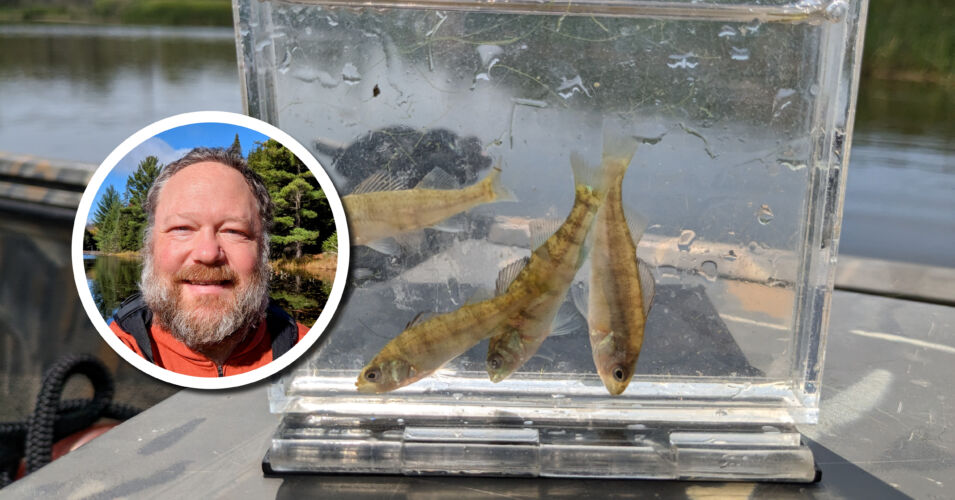
by Wisconsin Wetlands Association | May 3, 2024 | News, Wetland Coffee Break
Green Bay wetlands serve as important fish habitat and successful wild rice restoration may be an indicator of diverse, healthy wetland ecosystems that provide valuable benefits to fish, wildlife, and people.
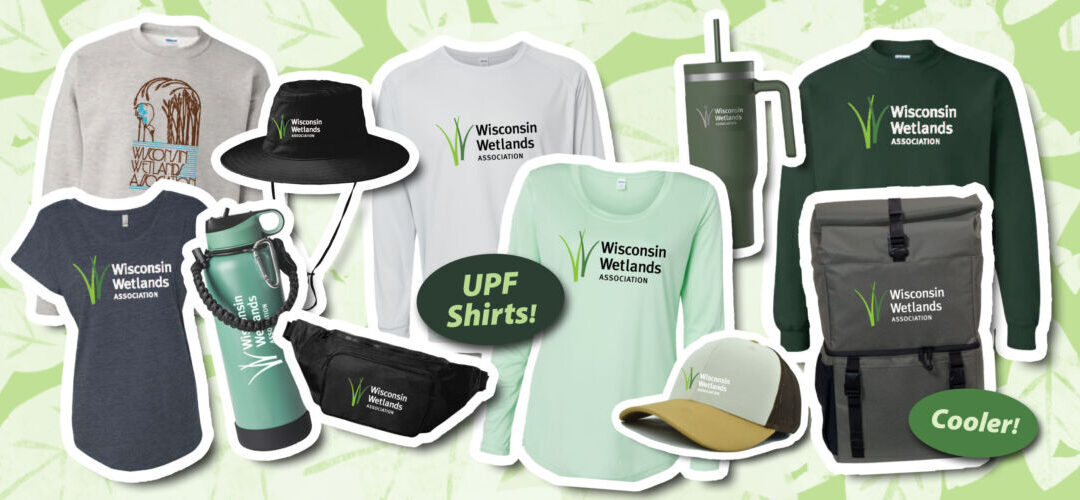
by Wisconsin Wetlands Association | May 1, 2024 | News
Wisconsin Wetlands Association merchandise will be available soon, just in time for American Wetlands Month!
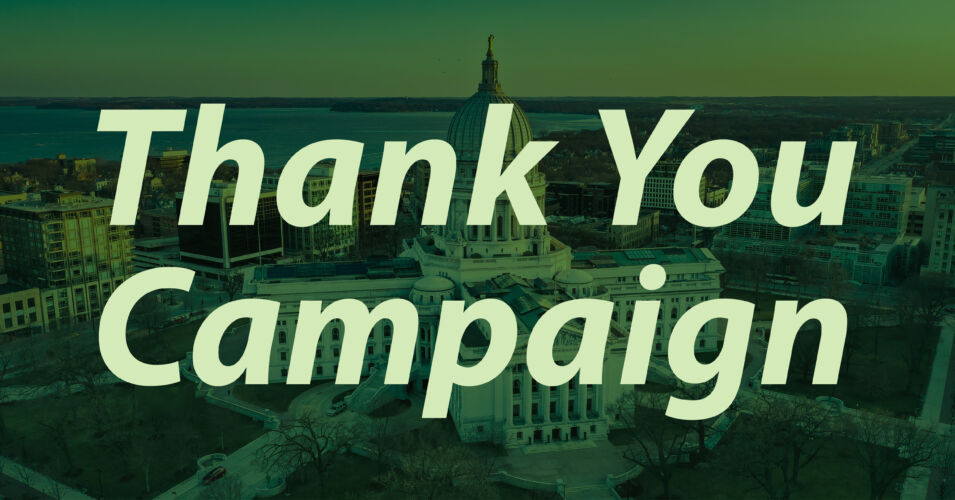
by Wisconsin Wetlands Association | May 1, 2024 | News, Policy Program Updates, Take Action
Send your state policymakers a positive message communicating your support for wetlands and appreciation for the policies that help restore and preserve wetlands in Wisconsin.
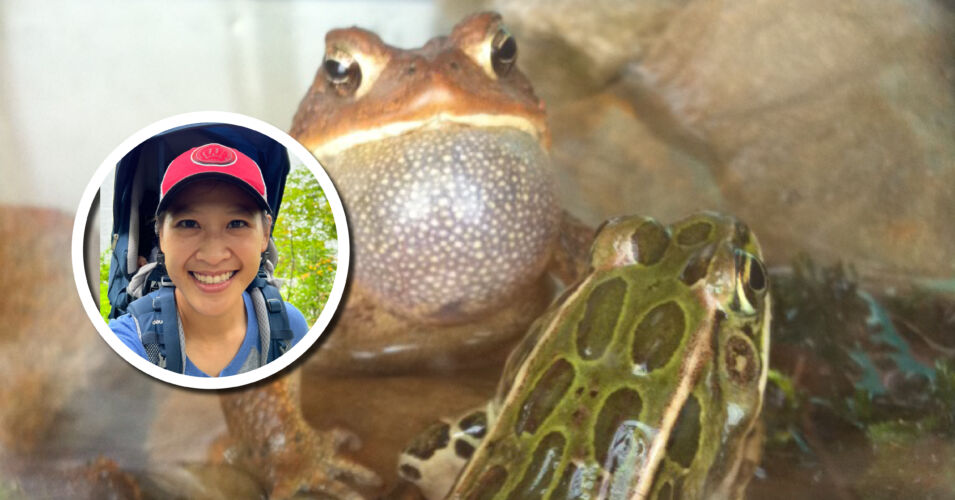
by Wisconsin Wetlands Association | Apr 22, 2024 | News, Wetland Coffee Break
Learn about research being done on unexpected negative (and positive) ways that “low” levels of pollutants (road salt, antibiotics, and pesticides) can affect amphibians and other wildlife.
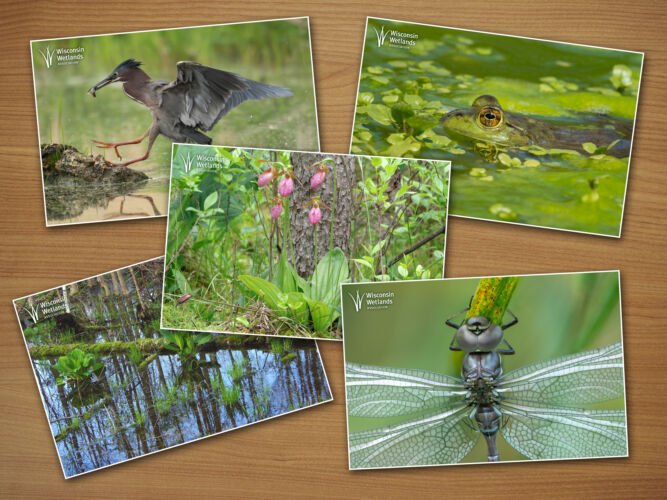
by Wisconsin Wetlands Association | Apr 18, 2024 | News
These postcards are perfect for sending a quick note to friends and family while sharing your love of wetlands at the same time.





